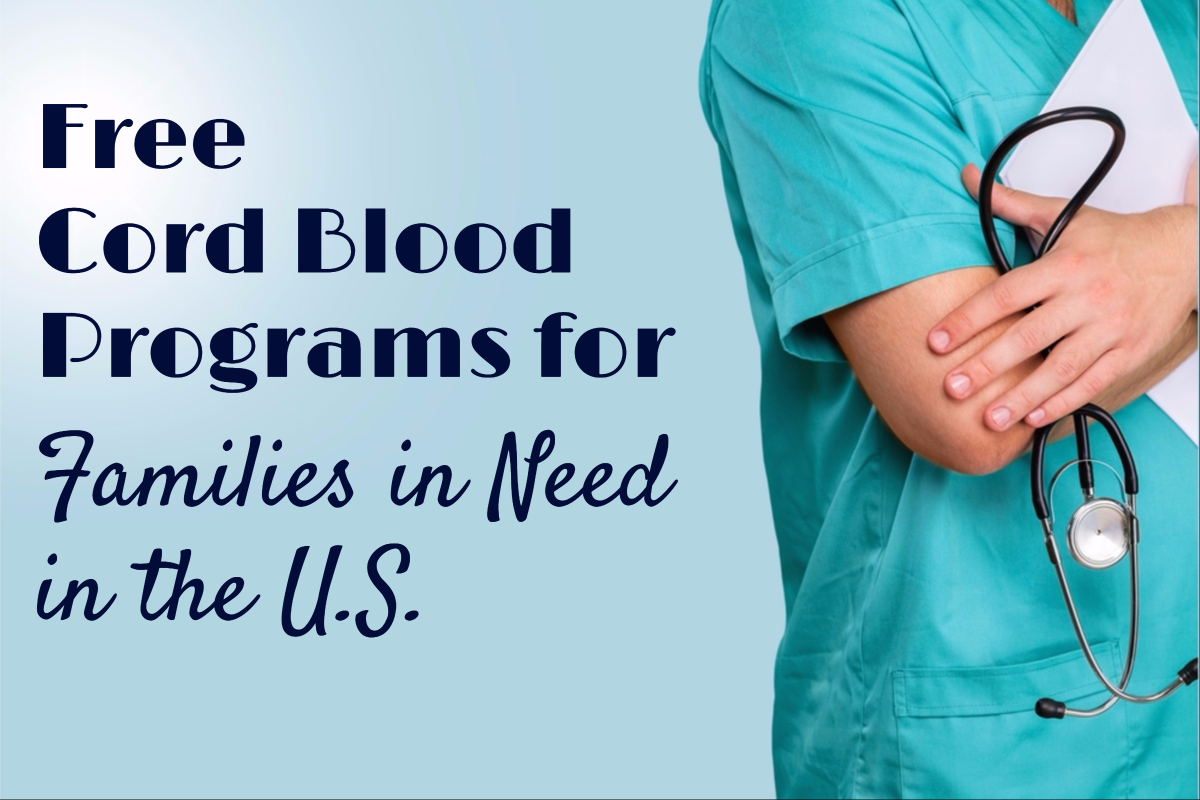In 2005, the U.S. federal government committed $79 million to create a unified National Cord Blood Stem Cell Banking program to increase the inventory of newborn stem cells accessible to the public by 150,000 units. Its purpose was to make it possible to match unrelated stem cells to more than 90% of patients in need. Passage of this act was a clear indication of the U.S. government’s support of public cord blood banking practices.
Also, transplants using stem cells from a family member have a higher likelihood of being a suitable match and can eliminate the need to search for a suitable donor within public registries. Research shows that cord blood transplants using genetically related stem cells result in more than double the survival rate over using unrelated cord blood stem cells from a public bank (63% vs. 29%) and significantly lower instances of GVHD, a serious and potentially fatal transplant complication.
For this reason, there are three free cord blood programs that were established for families in need within the United States. Two are sponsored by private cord blood banks and the third is federally funded. The programs are presented below.
Free Cord Blood Programs for Families in Need in the U.S.
- Designated Transplant Program (Supported by Cord Blood Registry) – This privately funded program helps expectant parents with a family member suffering from a disease treatable with stem cells. CBR covers the cost of cord blood collection and storage, until it is required for family use. CBR has provided this free service for over 1,000 families.
- Sibling Donor Cord Blood Program (Supported by CorCell) – Intended to help families with a child suffering from a disease treatable with stem cells, CorCell covers all costs of collection, courier transportation, processing, testing, and storage of the cord blood for five years.
- Sibling Donor Cord Blood Program (Supported by Children’s Hospital of Oakland & ViaCell) – Funded by the National Institute of Health, Children’s Hospital of Oakland (CHORI) stores cord blood free for families throughout the United States.
To be eligible for these programs, a family must:
- Provide primary care for a child with a disease considered to be treatable by allogeneic stem cell transplantation
- Have the support of an attending physician
- Anticipate the birth of a full biological sibling
If you do not qualify for one of the programs above, the Be The Match website has a list of participating hospitals spread across 22 different states where you can donate cord blood.




















Tell Us What You Think!